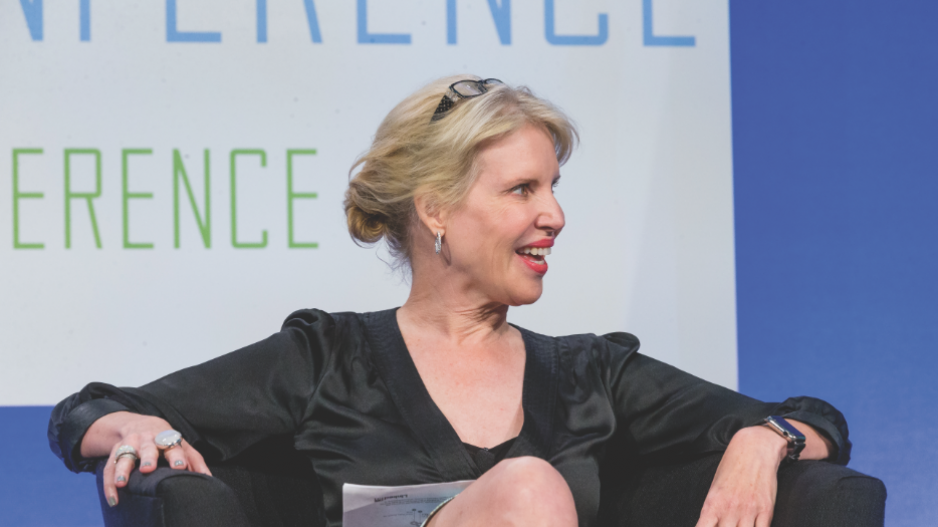With plans to double his startup’s workforce to 150 and expand into a new Yaletown headquarters, Eventbase CEO Jeff Sinclair spent much of 2015 looking to raise millions in venture capital.
The company had already established a reputation by developing mobile apps for the Olympics and deploying wireless beacons at big-name festivals like South by Southwest.
It wasn’t enough to grab the attention of Canadian investors, and Sinclair turned his attention to Seattle.
“We’re just trailing a little bit behind in terms of the next generation of entrepreneurship,” he told a Seattle audience September 12 at the Cascadia Innovation Corridor Conference, aimed at strengthening economic ties between the tech sectors of Seattle and Vancouver. “In Canada, we don’t have that many large global enterprises. It’s part of the reason we looked south for funding.”
Eventbase raised US$6 million from Seattle-based Madrona Venture Group in 2015. Sinclair said access to venture capital has improved since then, pointing to government funding initiatives such as the $100 million BC Tech Fund.
But he said Vancouver is still likely five to 10 years away from catching up to other global tech cities.
Since last year, the province’s fund of funds has invested an estimated $1 million to $3 million in Vancouver-based startup Mojio and $15 million in venture capital firm Vanedge Capital, which is required to invest in B.C. startups.
On September 13, the BC Tech Fund announced the investment of an undisclosed amount in Foodee, a Vancouver-based startup specializing in online food deliveries.
The same day, Ontario-based ScaleUP Ventures Inc. announced it would open a Vancouver office after it raised $15.5 million in capital from multiple B.C. partners, including the BC Tech Fund.
While the public sector has stepped up its investments in B.C. startups, private investment has been mixed since 2015.
B.C. was home to 71 venture capital deals totalling $431 million in 2016, according to a February report from the Canadian Venture Capital and Private Equity Association.
That’s down from a year earlier when the province recorded 86 venture capital deals totalling $450 million, although B.C. has landed $410 million in deals through the first six months of 2017.
Silicon Valley startups, meanwhile, raised US$24.9 billion in 2016.
Heather Redman, founder of venture capital firm Flying Fish Partners, said Seattle isn’t exactly dripping with venture capital compared with Silicon Valley.
“The situation here is still that many good companies are chasing money instead of money chasing companies, and I think that’s the case in Vancouver as well,” she told Business in Vancouver after joining Sinclair on a venture capital panel at the Cascadia conference.
Flying Fish’s business model is focused on filling the gaps in an undercapitalized region like Cascadia. Redman and members of her organization visit B.C. about once a month to meet with startups.
“Even if we just took the wealth that we have in-region and simply have it properly asset-allocated, it would invest more in early-stage tech startups than it has historically. It’s just a maturity and sophistication issue,” she said.
During her panel with Sinclair, Redman revealed she’s been pushing those who have made their wealth in the real estate market to diversify their portfolios into technology investments.
“My argument right now to a lot of real estate entrepreneurs in town is if you care about the real estate environment in Vancouver or Seattle, your best way to support that is to reinvest in tech because tech is what’s fuelling the real estate boom,” she told the panel. “What I love about this Cascadia strategy is that I feel that it gets us that critical mass where we are the equal of the [Silicon] Valley and San Francisco put together.”
@reporton



